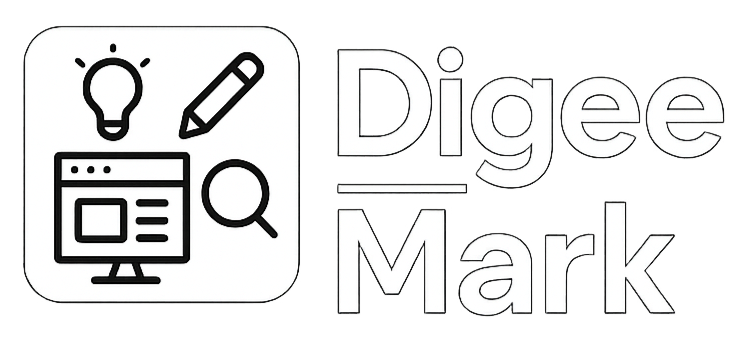
The Future of Web Development: Trends You Can’t Ignore in 2025
ntroduction
Technology evolves at lightning speed, and web development is no exception. In 2025, businesses need more than just a functional website—they need smart, fast, and user-friendly digital experiences that keep up with customer expectations. The future of web development is being shaped by innovations like artificial intelligence, mobile-first design, headless CMS, and advanced security measures. For startups and business owners, staying ahead of these trends isn’t optional—it’s essential for growth and competitiveness.
AI-Driven Websites: Smarter User Experiences
Artificial Intelligence (AI) is transforming websites into adaptive, personalized platforms. AI-driven sites can analyze user behavior in real-time, recommend content, and even automate customer support through chatbots.
Examples of AI in Web Development
Chatbots & Virtual Assistants for 24/7 customer service.
Personalized Content Delivery based on browsing habits.
AI-Powered Analytics to track and optimize user journeys.
By 2025, AI will be a cornerstone of modern websites, making them more interactive and efficient.
Mobile-First and Responsive Design
With over 70% of global traffic coming from mobile devices, the mobile-first approach is no longer a trend—it’s the standard.
Why Mobile-First Matters
Faster load times boost search engine rankings.
Responsive designs improve user satisfaction.
Businesses can reach wider audiences across devices.
In the future of web development, businesses that prioritize mobile experiences will win customer trust and outperform competitors.
Headless CMS: Flexibility and Speed
Traditional content management systems are giving way to headless CMS solutions. These platforms separate content from design, enabling businesses to deliver content across websites, mobile apps, smart devices, and even VR platforms.
Benefits of Headless CMS
Faster Performance: Lightweight frameworks mean faster load times.
Omnichannel Publishing: Manage content once, deliver everywhere.
Developer Freedom: Flexible integrations with any front-end framework.
For startups looking to scale, headless CMS offers agility and efficiency unmatched by traditional platforms.
Low-Code and No-Code Development
The rise of low-code/no-code platforms is democratizing web development. Business owners without technical skills can now create websites using drag-and-drop tools, reducing dependency on developers.
Low-Code Tools: Provide flexibility for developers.
No-Code Builders: Platforms like Webflow and Wix empower non-technical users.
This trend accelerates digital transformation, especially for small businesses and entrepreneurs.
Progressive Web Apps (PWAs): The Best of Web & Mobile
PWAs combine the best of websites and mobile apps. They work offline, load instantly, and provide an app-like experience without requiring downloads.
Why PWAs Are the Future
Improved performance and reliability.
Enhanced engagement through push notifications.
Cost-effective compared to building native apps.
Major companies like Twitter and Starbucks already use PWAs to improve customer engagement.
Cybersecurity and Privacy-First Development
As websites handle more data, security and privacy have become critical. The future of web development will see stronger encryption, stricter compliance (like GDPR and CCPA), and AI-driven threat detection. Businesses must prioritize secure coding practices to protect user trust.
The Role of Web 3.0 and Blockchain
Web 3.0 introduces decentralized web technologies powered by blockchain. This evolution promises greater transparency, ownership, and security for users. Websites may soon include crypto wallets, NFT integrations, and decentralized apps (dApps) as standard features.
Conclusion
The future of web development is about creating websites that are smarter, faster, and more adaptable than ever before. From AI-driven personalization and mobile-first design to headless CMS and blockchain-powered features, these trends are reshaping how businesses connect with audiences.
For startups and business owners, embracing these innovations isn’t just about staying relevant—it’s about thriving in a competitive digital marketplace.
👉 At Digeemark.xyz, we specialize in future-ready web development solutions designed to help your business grow. Whether you need AI-powered features, mobile-first design, or advanced CMS integration, our team can build a website that’s ready for tomorrow.
